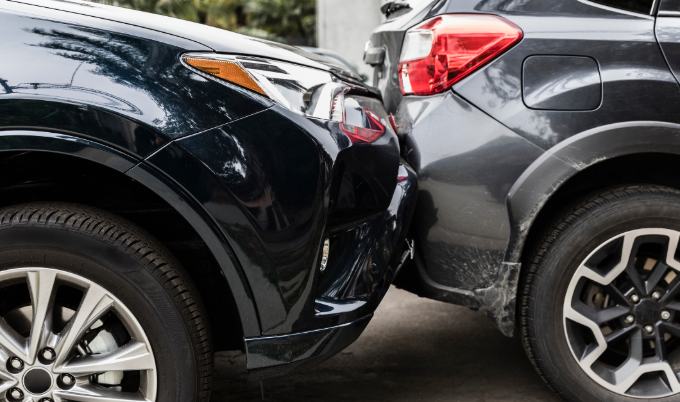You don’t have to be a professional to spot a fake car title. Although it can be difficult to distinguish a fake car title from a real one, do pay attention to the details of the certificate of title. Fake car titles are regularly used to commit crimes and defraud unsuspecting buyers.
It could be that the vehicle was stolen, so the thieves created a false title or a “Pink Slip” (certificate of Salvage title of a vehicle in the United States) to replace the original.
Title laundering scams are more common than you think. Sellers will use it to try and hide things like flood damage, total losses, badly damaged cars, stolen vehicles, and more.
How is car title laundering done?
If car title laundering is as common as it is, why hasn’t it been stopped? Frankly, because it’s easy to do and there are several ways corrupt people can cheat the system.
Scammers simply change the paperwork that is supposed to be the car’s title, remove all state markings, and then remove any evidence of repairs, damage, or theft that has occurred.
Another way they can get away with it is if they take the car from its legitimate state to another state. By moving it to a new state, they have the potential to remove a state’s brand, which contains all the unwanted records and change it to the new state’s brand.
The offender could decide to apply for a brand new car title. If they can get a new title without having to reveal the actual history of the car, they can get rid of a car title that is unmarked and whole. In other words: a dishonest title.
Next, We offer you some clues to detect a false title:
- The title is different from the state where you are going to buy it. The first sign that a car title is fake is if the title belongs to someone else. There is no concrete reason why a title might be fake, but you should consider the possibility that the title might be fake.
- In this regard, the title could be involved in a title laundering scam, in which the seller moves a vehicle to a different state where the title brand is not recognized (indicating whether a used vehicle has been damaged or could potentially be damaged). unsafe to drive).
- Either the original title was salvaged, but it was rebuilt to clean it, or the vehicle was stolen. It could also be that the seller is trying to avoid paying vehicle sales tax, which is more common on open titles.
- Unclear print. An unclear printed title is a sign that the title is fake. Even your car dealership in Texas would have to thoroughly investigate a car title that is unclear or damaged.
- Unless you trust the seller, I recommend asking them to request a duplicate title before you sign the title to register the car in your name.
- A recently issued title. If a car title was recently issued, but the car was purchased in your home state, it is a sign that the title is fake. Ask the seller what motivated him to apply for a new title. If their reason isn’t convincing, don’t buy the used car.
- Check the watermark. Marks of title, such as parts only, salvage, retained ownership, etc., are placed on a certificate of title in the form of a watermark and other forms that are official in the state. It is difficult to create a fake car title and place the marks without noticeable differences.
- Obtain a copy of the title or “Pink Slip” from your state and compare it to what a vendor gives you. If there are differences in how the title brand image/watermark is placed, it is a sign that the car title is fake.
- Check the VIN. A common way to spot a fake title is to look up the vehicle information. You can request it from theNational Motor Vehicle Title Information System, which is a government database that contains the title information for the used car you want to purchase.
- Keep in mind that if the thieves changed or cloned the VIN, you won’t be able to get the correct information about the vehicle.
- Contact your DMV in Texas. The best way to find out a real title is to contact your local DMV. If the seller rejects the idea of going to the DMV to complete the transfer of ownership and related paperwork, it’s a red flag that the title is fake.
It is worth mentioning that these cases usually happen in states like Texas where some ambiguities in the law facilitate the laundering of car titles that have suffered accidents or serious damage by the force of nature such as floods.
Remember that if you take precautions, you will avoid being scammed when trying to buy a car with a false title. Don’t buy a car if you discover that the title is false and you will save yourself from possible legal problems.
If you did not go through this problem and were able to acquire your car.
Contact us to offer you the coverage you need for you and yours.





